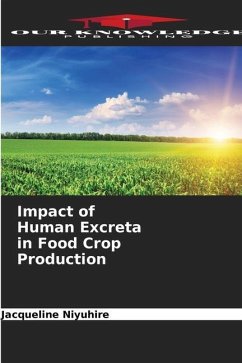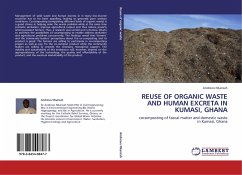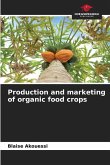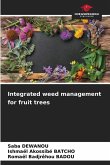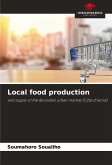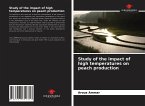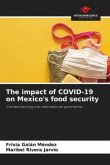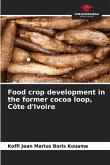Over the past two years, low food crop production has become a major problem for the Burundian population. This low production leads to malnutrition which in turn causes chronic diseases. This led us to conduct a study entitled: "The impact of the use of human excreta for the improvement of food crop production in Burundi: case of the commune of Rumonge, in 2017", to promote the use of human excreta as a natural fertilizer to the vulnerable population. The study's objective is to contribute to the increase of yields of food crop producers through the use of human organic manure. The use of chemical fertilizers is expensive and it is difficult for the population to acquire them. In recent years, low yields of food crops have become a major problem for the population.
Bitte wählen Sie Ihr Anliegen aus.
Rechnungen
Retourenschein anfordern
Bestellstatus
Storno

